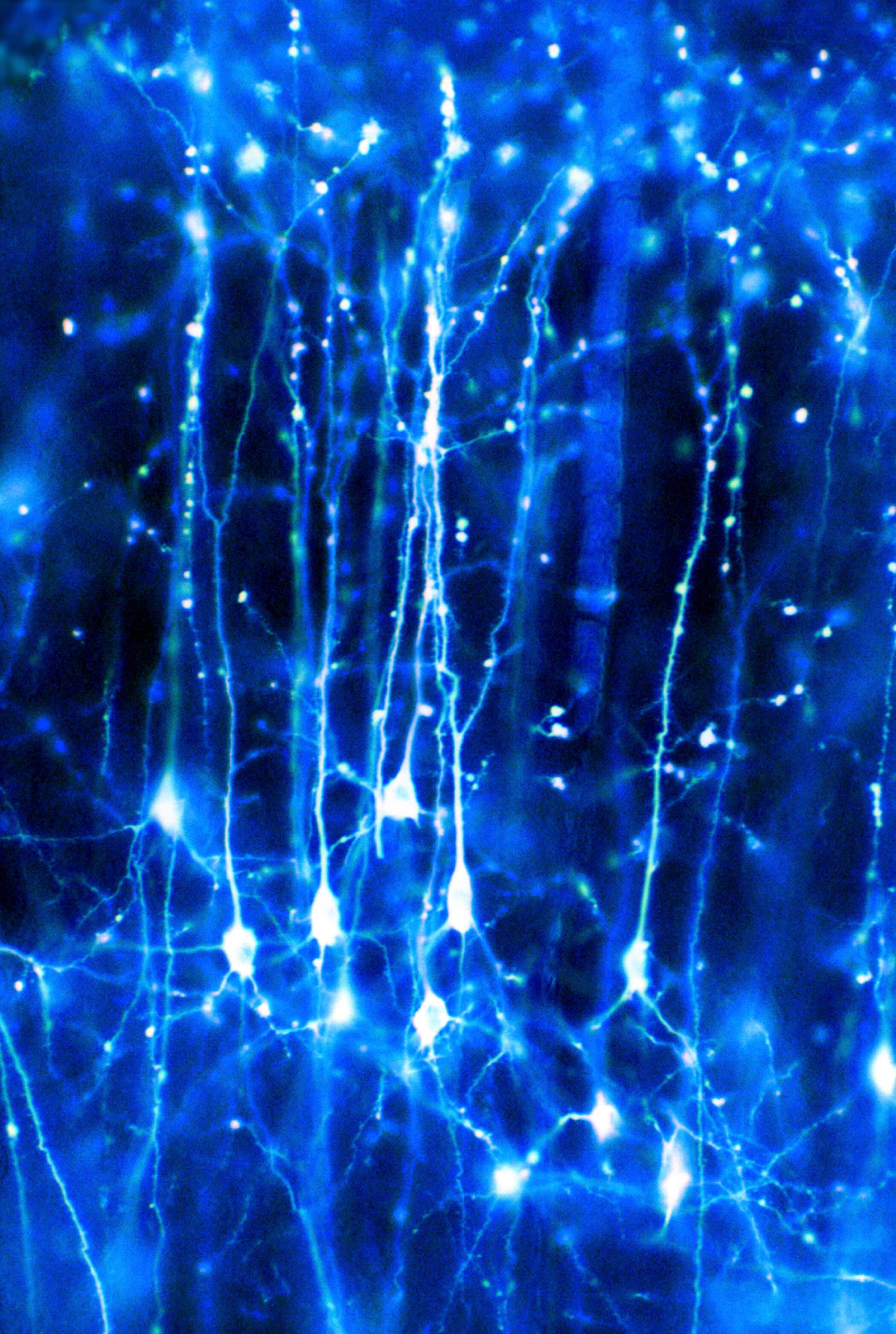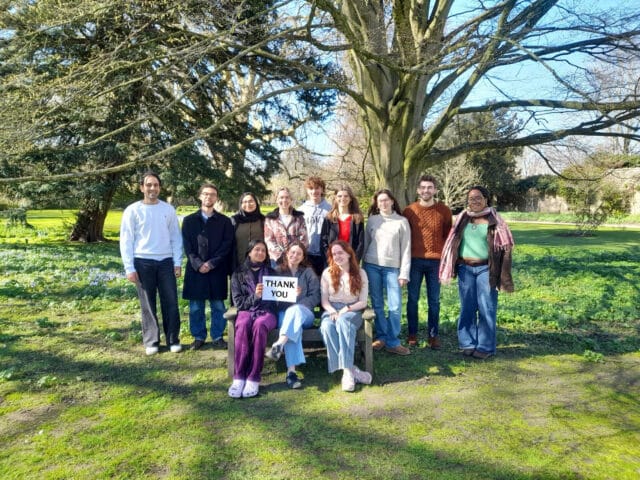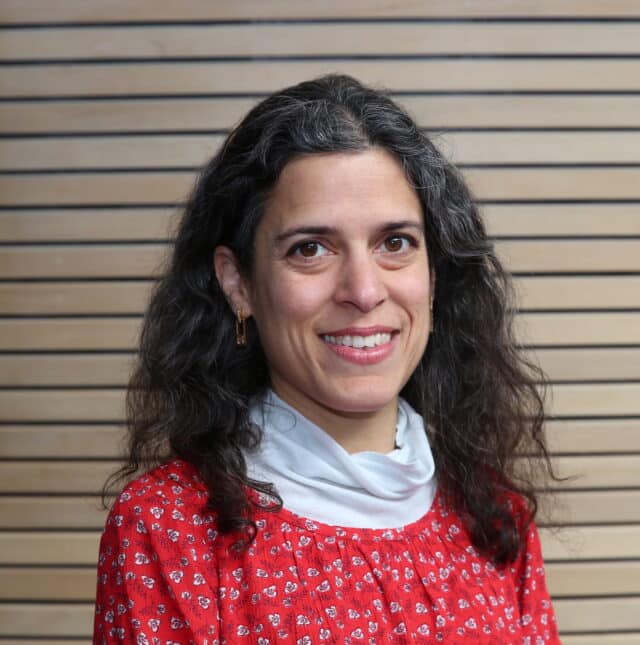Mind Shift: How Culture Transformed the Human Brain

20th April 2021
Mind Shift: How Culture Transformed the Human Brain
How is brain of a psychopath different? How do social divisions affect the mind and the way we think?
Yesterday evening, a global audience of Worcester Old Members (from the UK, US, France, Iraq, Australia & Zambia), joined Professor John Parrington, Worcester’s Fellow in Physiological Sciences (Pharmacology), for the inaugural academic lecture in our new series , as he discussed these and other questions on the wide-ranging and provocative topic of the relationship between cultural change and the development of the human brain.
Professor Parrington was introduced by Senior Tutor and Associate Professor and Tutor in Classics, Dr Scott Scullion, and went on to outline the many and varied themes tackled in his new book which publishes with Oxford University Press on 22 April, Mind Shift: How Culture Transformed the Human Brain.
Professor Parrington began his research by looking at the question of consciousness as part of being human and what makes human beings different from other species. Aristotle wrote about the ‘rational soul’ of humans as setting them apart – which was followed by Copernicus’s discoveries on the earth’s rotation of the sun, which put us in our place, only to be dethroned further by Darwin, as just another animal connected by evolution. But what sets humans apart?
Professor Parrington’s work looks into the theories of a Russian Psychologist in the 1920s & 1930s – Lev Vygotsky – seen as the ‘Mozart of Psychology’ because of the breadth and depth of topics he covered. Vygotsky died tragically young, but he wrote about the issue of what makes human consciousness different, built on the revelations of evolution of that time. Walking on two feet and beginning to use tools transformed our environment and led us to develop language and conceptualise, gaining a sense of ourselves and others. The size and shape of the brain changed dramatically at this time. No-one had really taken Vygotsky’s ideas and tried to connect them with the finding of modern neuroscience; which Professor Parrington explores in Mind Shift. He looks at how thought and language are intertwined and how that has affected memory, creativity & imagination. He found that regions of the brain that might not be connected in other species have been connected in humans.
He discussed his insights into mental disorders; for all our mental abilities & the way we have changed the world, there is a huge amount of unhappiness in society. The increasing evidence for a biological basis for mental disorder needs to be seen in a more complex way – our minds can be hugely influenced by social interactions and our environment. There is a chapter in his book on the psychopathic brain and he directed us to a new blog he has published with OUP, looking at the mind of a serial killer.
Professor Parrington went on to examine the basis of social divisions in society and the way we think; in history how revolutions and mass movements changed the mind and how people reacted in the way they did. He also debated how new technologies are transforming the world around us, the development of artificial intelligence and whether a computer could think like a human. He outlined the fear in in society of the products that we have created and the alienation from these technologies which has led to us seeing them as enemies.
In conclusion, before an in-depth Q & A session on the fascinating themes covered in the lecture, we were left with this thought: We have transformed the world we live in but we don’t seem to be very happy as a species – we find life stressful and there are environmental issues which are threatening the planet. How can we find happiness and contentment in life and as a society look for a more positive way to interact with the world?
Thank you to Professor Parrington for a captivating thought-provoking lecture to launch our series. This lecture series is open to all Old Members and is free of charge.
Image: Neurons in the brain. Dr Jonathan Clarke. Source: Wellcome Collection (CC BY 4.0 DEED)











